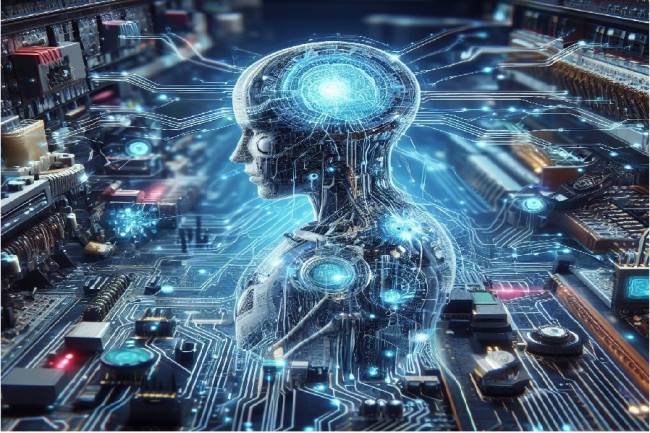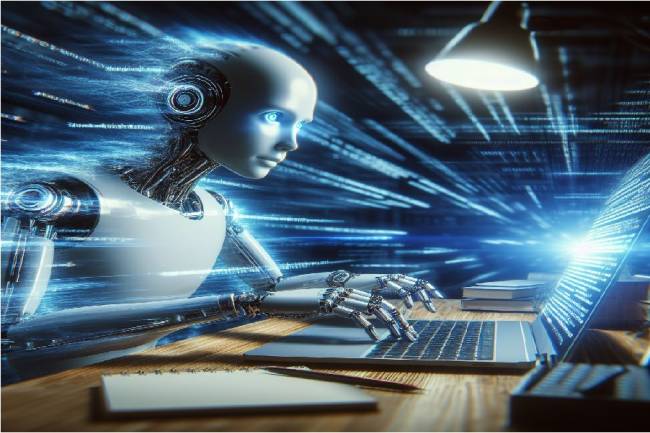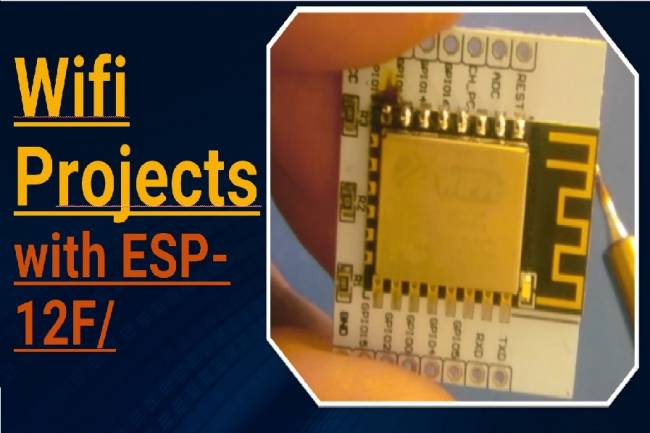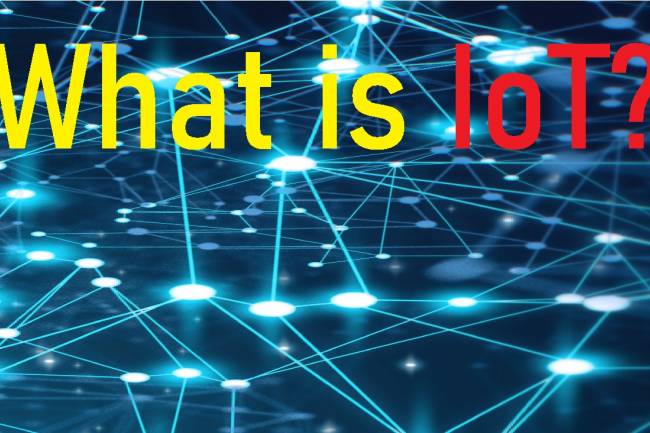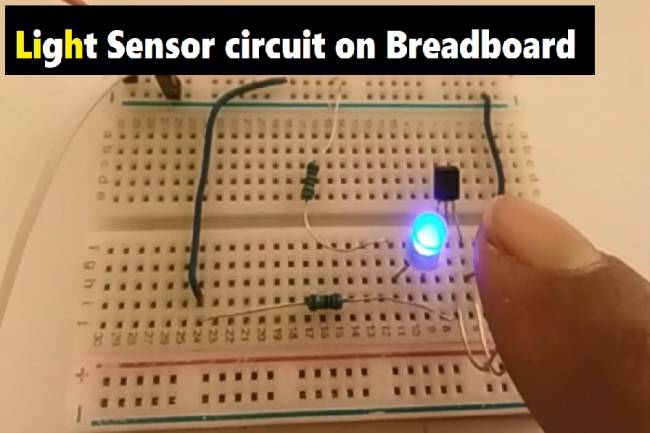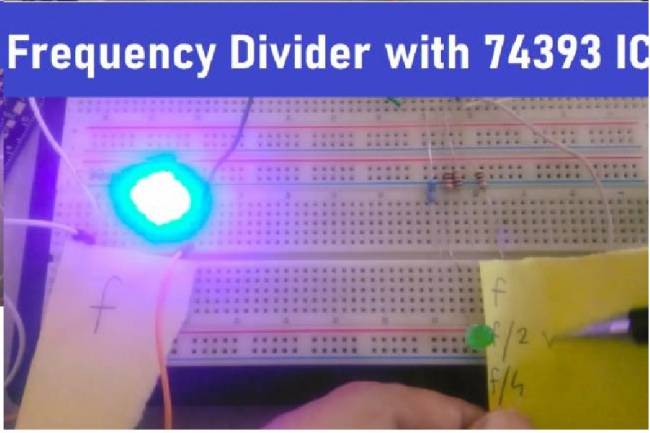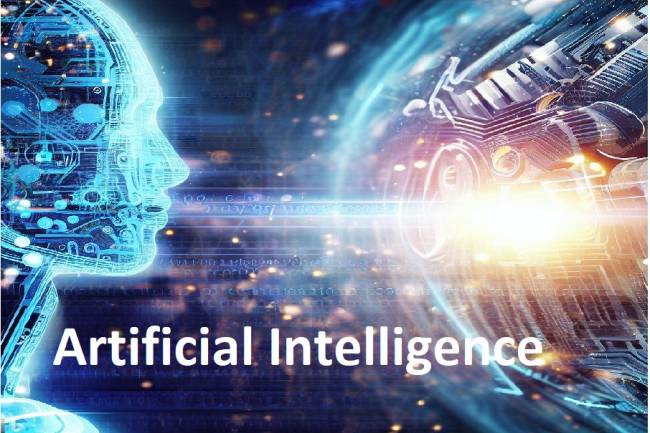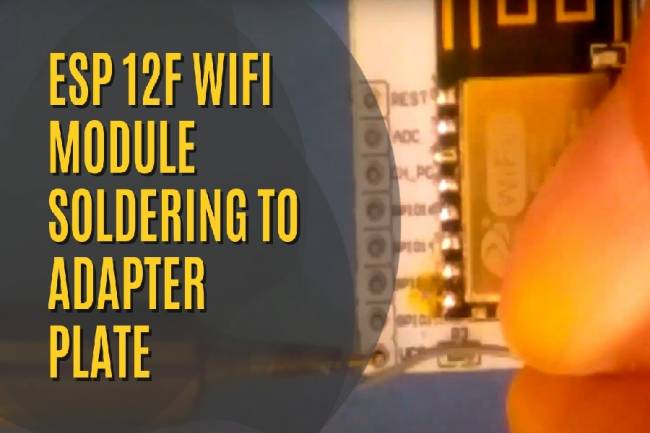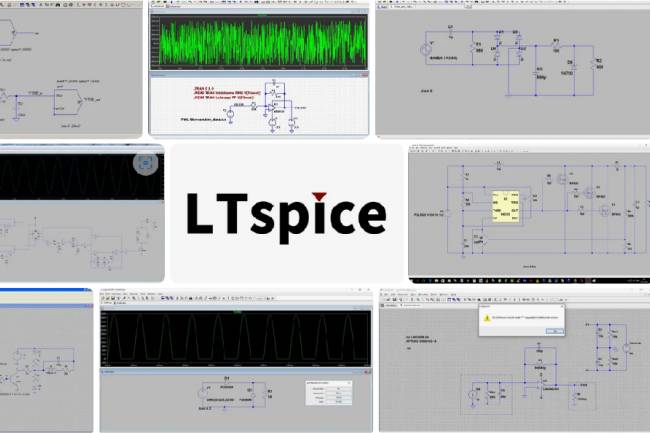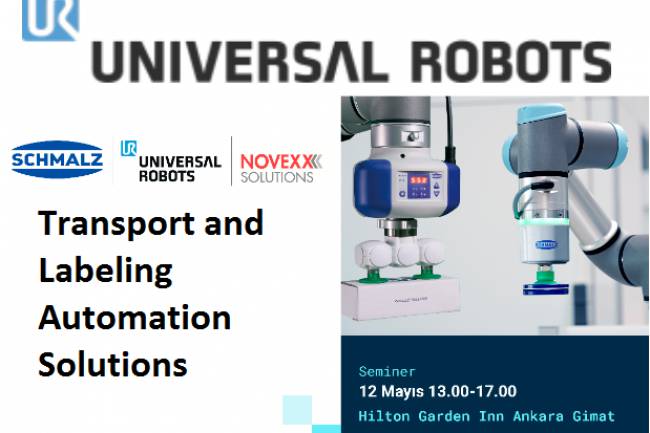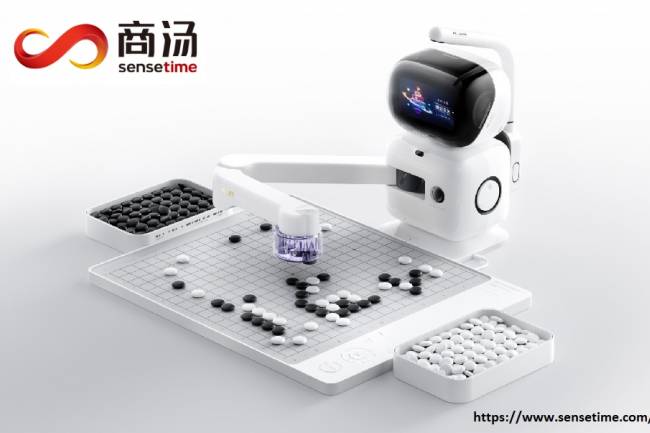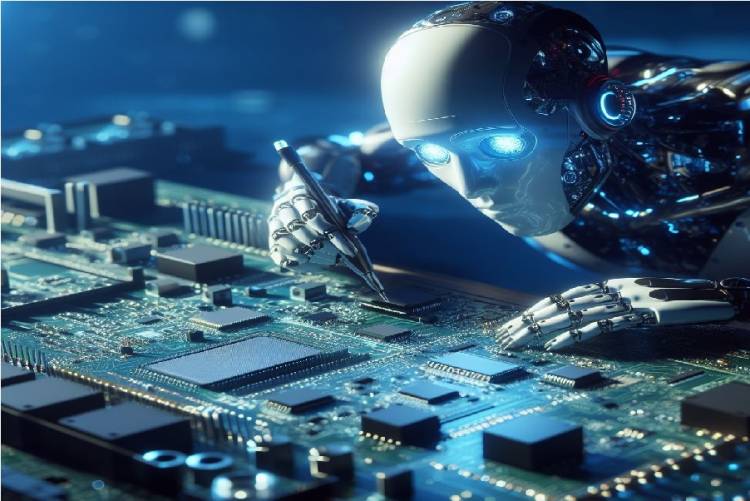
Artificial Intelligence and Its Effect on PCB Production Techniques
Artificial Intelligence (AI) technologies have a powerful impact that is revolutionizing and transforming many industries. The PCB (Printed Circuit Board) production industry is also a part of this transformation. Nowadays, PCB manufacturing techniques are becoming increasingly complex and specialized. AI can impact and improve many aspects of this industry.
Today's PCB Production Techniques
Traditional PCB manufacturing techniques consist of many steps and involve a delicate process. These processes are usually performed manually or semi-automatically. Here is some basic information about today's PCB manufacturing techniques:
1. Design
The PCB manufacturing process starts with the design phase. The design is critical to the circuit board's functionality and connections. Design is made using CAD (Computer-Aided Design) software.
2. Printed Circuit Production
Printed circuit production is the stage where the base layer of the PCB is created. This layer is usually a thin trace structure placed on copper. It is carried out using chemical etching or laser technologies.
3. Drilling and Configuration
It is the process of drilling holes to place components on the PCB and cutting traces when necessary. This is done with precision machines.
4. Component Placement
Components are placed on the surface or inside the PCB. This process can be done by automatic assembly machines or manual labor.
5. Soldering
Soldering is performed to fix the components to the PCB and create connections.
6. Quality Control
Finally, the produced PCBs are subjected to quality control. The accuracy of the traces, solder connections and the functionality of the circuit board are checked.
Effects of Artificial Intelligence
AI can be used to optimize and improve each step mentioned above. Here are the effects of Artificial Intelligence on PCB production techniques:
1. Design Optimization
AI can optimize PCB design. Algorithms can improve PCB performance and reduce cost by recommending better trace paths and component placements.
2. Automation
AI can help automation become more prevalent in PCB manufacturing. Automated assembly lines and robots can reduce labor costs and increase speed.
3. Quality Control
AI can improve quality control processes using image processing and machine learning. It may be possible to detect and correct errors more quickly.
4. Data Analysis
AI can help make better decisions by analyzing data from the PCB manufacturing process. Data mining algorithms can provide valuable information to optimize production processes.
5. Customized Production
AI can facilitate customized PCB manufacturing. It may be possible to respond to customer needs more quickly and flexibly.
6. Occupational Safety
AI can increase occupational safety through automation of hazardous tasks. PCB production involves risky factors such as chemicals and high temperatures. AI can reduce these risks.
As a result, Artificial Intelligence can make the PCB manufacturing industry more efficient, cost-effective and innovative. However, careful planning and integration is required for this transformation to be successful. These technologies will make PCB manufacturing more competitive in the future and offer great potential to the industry.
